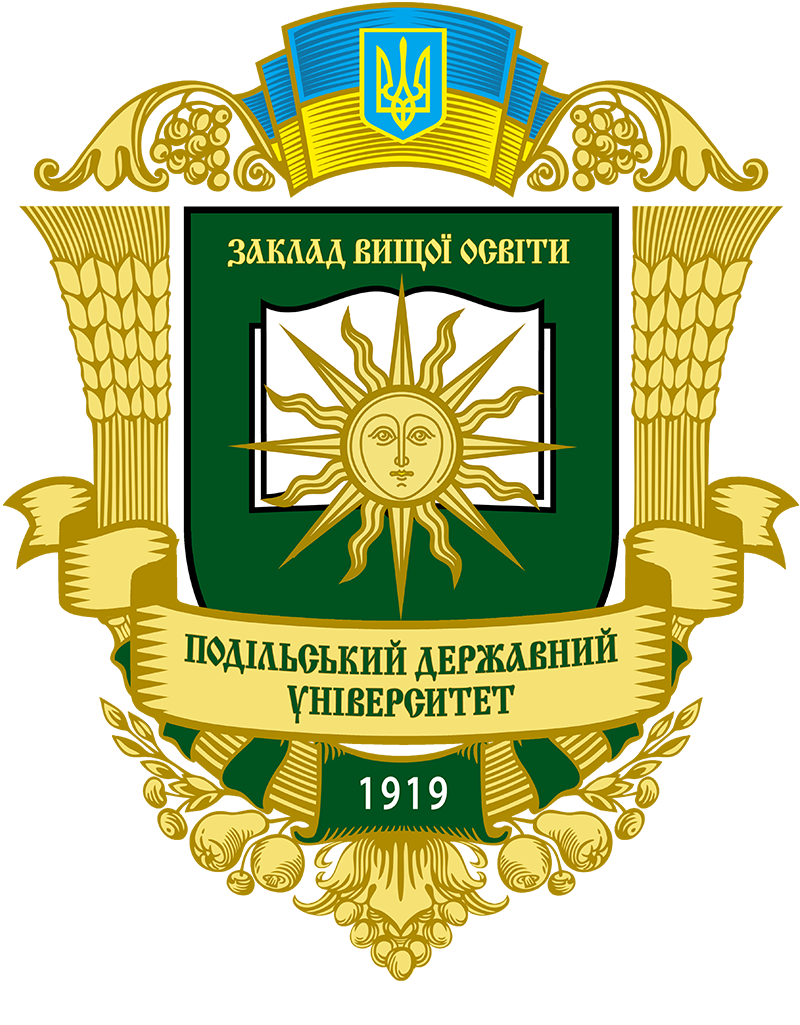INNOVATIVE APPROACHES TO THE MANAGEMENT OF AGRONOMIC PROCESSES USING ROBOTICS AND ARTIFICIAL INTELLIGENCE
DOI:
https://doi.org/10.37406/2706-9052-2024-4.11Keywords:
digital agrotechnology, agricultural process automation, AI in farming, yield improvement, robotic systemsAbstract
The integration of robotics and artificial intelligence (AI) in agriculture represents a transformative step in managing agronomic processes, unlocking potential for increased productivity, sustainability, and precision. This direction is relevant due to the rising global food demand, the need for more efficient resource use, and the environmental challenges faced by traditional agricultural methods. Conventional farming methods often lead to inefficient resource use, high labor costs, and suboptimal yields, making advanced technologies such as robotics and AI crucial for addressing these issues. The purpose of this study is to explore innovative solutions in agronomic process management through the integration of robotics and AI, with a focus on their role in optimizing crop production, reducing waste, and enhancing the accuracy of agricultural practices. The results of applying robotics and AI in agriculture demonstrate the potential of this approach. Autonomous robots equipped with sensors and AI algorithms can monitor soil conditions, detect pests, and assess plant health in real-time, enabling targeted adjustments. AI-based systems, using machine learning and predictive analytics, can optimize irrigation schedules, fertilizer use, and pest control strategies, leading to more efficient resource use and higher crop yields. AI-powered drones and robots have shown the capability to perform tasks faster and with greater accuracy than traditional methods, helping reduce costs and increase productivity. Thus, the innovative use of robotics and AI in agronomic process management is reshaping agriculture. These technologies not only improve the efficiency of agricultural operations but also pave the way for sustainable farming, reducing resource consumption and minimizing environmental impact.
References
Авраменко Є., Опанасенко В. Формування професійної компетентності майбутніх агроінженерів щодо використання AgTech-інновацій у сільському господарстві. Наука і техніка сьогодні. 2023. № 10 (24). С. 188–197. DOI: https://doi.org/10.52058/2786-6025-2023-10(24)-188-197.
Богадьорова Л., Мельниченко С., Маркелюк А. Просторово-часова динаміка якісних змін ефективності виробництва сільськогосподарських культур на підприємствах України у 2015 та 2019 роках. Європейський науковий журнал економічних та фінансових інновацій. 2020. Т. 2. № 6. С. 205–216. DOI: https://doi.org/10.32750/10.32750/2020-0219.
Бурлака С., Кириченко Р. Шляхи удосконалення робочих органів сівалок для точного землеробства. Вібрації в техніці та технологіях. 2023. № 4 (111). С. 37–46. DOI: 10.37128/2306-8744-2023-4-6.
Вишневецька О. Розвиток інноваційних технологій в рослинництві. Наукові перспективи. 2023. № 10 (40). С. 385–397. DOI: https://doi.org/10.52058/2708-7530-2023-10(40).
Гарафонова О., Маргасова В. Перспективи впровадження інноваційних технологій розвитку агропромислового комплексу України. Socio-economic relations in the digital society. 2022. № 3 (45). С. 19–28. DOI: https://doi.org/10.55643/ser.3.45.2022.475.
Гладкіх Т. Інноваційні підходи до вирішення екологічних проблем в аграрному секторі економіки та їх вплив на розвиток територіальних громад України. Наукові інновації та передові технології. 2024. № 5 (33). С. 748–757. DOI: https://doi.org/10.52058/2786-5274-2023-14(28).
Головня О., Чемерис Ю. Сучасні тренди інноваційності ринку сільськогосподарської техніки в умовах глобального середовища. Економіка та суспільство. 2024. № 66. DOI: https://doi.org/10.32782/2524-0072/2024-66-18.
Дугінець Г., Ніжейко К. Цифровізація аграрного сектору ЄС: досвід для України. Економіка та суспільство. 2023. № 56. DOI: https://doi.org/10.32782/2524-0072/2023-56-148.
Ільчук М., Свиноус І. Економічні аспекти інноваційної діяльності сільськогосподарських підприємств. Економічний дискурс. 2023. № 3–4. С 46–54. DOI: https://doi.org/10.36742/2410-0919-2023-2-4.
Кононенко Л., Сисоліна Н., Сисоліна І. Формування стратегії підприємствами агропромислового комплексу в умовах циркулярної економіки. Економічний простір. 2023. № 184. С. 91–94. DOI: https://doi.org/10.32782/2224-6282/184-15.
Марченко М. Диджиталізація процесів управління бізнес-діяльністю сільськогосподарських підприємств. Галицький економічний вісник. 2023. № 81 (2). С. 133–139. DOI: https://doi.org/10.33108/galicianvisnyk_tntu2023.02.133.
Рудь A., Грушецький С., Корчак M., Замойський С. Роль сучасних технологій у забезпеченні сталого розвитку в сільському господарстві через оптимізацію процесів сівби. Bulletin of Sumy National Agrarian University. The series: Mechanization and Automation of Production Processes. 2024. № 1 (55). С. 69–74. DOI: https://doi.org/10.32782/msnau.2024.1.9.
Хахула Б. Економічні проблеми розвитку інноваційної діяльності в сільськогосподарських підприємствах України. Продовольчі ресурси. 2022. № 10 (19). С. 265–273. DOI: https://doi.org/10.31073/foodresources2022-19-29.
Шацька З., Прима В. Особливості впровадження інформаційних технологій в аграрному секторі України. Агросвіт. 2022. № 13–14. С. 60–64. URL: https://er.knutd.edu.ua/handle/123456789/20590 (дата звернення: 11.11.2024).
Melnychenko S., Morozova O., Bohadorova L. Spatial-temporal dynamics of qualitative changes in efficiency of agricultural production in agricultural holdings of Ukraine in 2015 and 2019. Bulletin of V. Karazin Kharkiv National University Economic Series. 2021. № 101. Р. 45–58. DOI: https://doi.org/10.26565/2311-2379-2021-101-05.
Mykhailenko V., Safranov T. Estimation of Input of Unintentionally Produced Persistent Organic Pollutants into the Air Basin of the Odessa Industrial-and-Urban Agglomeration. Journal of Ecological Engineering. 2021. № 22 (9). Р. 21–31. DOI: https://doi.org/10.12911/22998993/141479.










